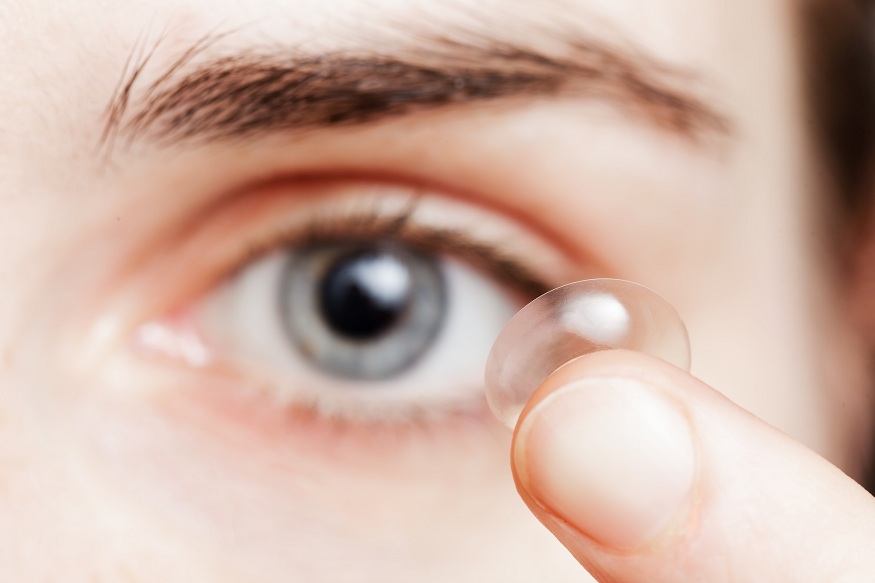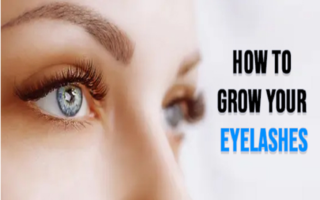What exactly are astigmatism contacts?
Astigmatism contact lenses are specifically developed to address the visual effects of astigmatism, a common refractive problem produced by a misshapen cornea. People with astigmatism have more options than ever in today’s sophisticated contact lens market.
To rectify the symptoms of astigmatism, contact wearers frequently use one of three types of lenses:
Toric glasses
Lenses that are gas permeable
Lenses with hybrid properties
There are also contacts explicitly designed for astigmatism.
Toric lenses (soft contacts) are usually well-tolerated by people with minor astigmatism, but stiff gas-permeable or hybrid contacts may provide even sharper vision.
The ideal contacts for your astigmatism are determined by how well you tolerate each lens, the characteristics of your eyes, and your present amount of astigmatism.
Toric glasses
Toric lenses are astigmatism-correcting soft contact lenses. Torics are another name for them.
Toric contact lenses are available in two materials:
Hydrogel
Hydrogel of silicone
Silicone hydrogel lenses are more breathable than standard hydrogel contacts but are also more expensive.
Toric lenses differ significantly from “normal” soft lenses that merely treat nearsightedness or farsightedness:
Toric lenses focus on different lens regions to correct astigmatic nearsightedness or farsightedness.
Toric lenses are designed with a mechanism to rotate to the ideal angle in front of your eye.
Lenses that are gas permeable
Gas permeable lenses are also known as:
GP glasses
Gas permeable rigid lenses
RGP spectacles
These are all terms for the same type of lens.
Most GP lenses can correct astigmatism without using a specialist toric construction. This is because they are stiff and, unlike soft lenses, hold their shape on the eye’s deformed surface rather than adapting to it.
Toric designs are only found in gas-permeable lenses recommended for high or uncommon levels of astigmatism.
Scleral lenses are another gas-permeable option: bigger lenses that give good astigmatism correction — even on irregular eye surfaces.
Many people with astigmatism find that gas-permeable lenses sharpen their vision more than torics. However, because they are thicker and stiffer, they may take longer to adapt. In addition, some people just cannot adjust to the feeling of larger lenses on their eyes.
Gas-permeable contact lens fitting typically needs more time and expertise than soft contact lens fitting (including torics). This is because GP lenses are also created to your exact eye dimensions.
This implies that GP lenses and fittings are typically more expensive than soft ones. However, because this lens type does not need to be updated as frequently as soft contacts, lens expenses may be comparable over time.
Lenses with hybrid properties
Hybrid lenses are a hybrid of soft lenses and gas-permeable lenses. They can provide wearers with a high level of sharpness while being comfortable.
Hybrid lenses contain two key characteristics:
A centre constructed of a gas-permeable material
A soft hydrogel or silicone hydrogel-based surrounding area
Because hybrid lenses are around the same size as soft lenses and have thinner edges than gas-permeable lenses, they are less prone to become dislodged during sports and other vigorous activities.
Like gas permeable choices, fitting hybrid contact lenses involves more time and experience than fitting toric lenses. They are also custom-made for each wearer’s eyes, which raises the price.
Astigmatism speciality contacts
There were extremely few possibilities for astigmatism contacts in the past, especially for lenses that corrected uncommon or high degrees of astigmatism. But that is no longer the case.
Disposable contacts are available in various styles for monthly, bimonthly, and daily replacement.
Other astigmatism-specific lenses include:
Toric contacts in various colours
Toric bifocal lenses that treat astigmatism as well as presbyopia
Toric silicone hydrogel lenses that can be worn overnight for up to 30 days Custom-made torics that can correct practically any type or amount of astigmatism
Where can I acquire a prescription?
If you already have a lens in mind, call the eye doctor’s office ahead of time to ensure that they offer that specific type of fitting and get free eye screening now!
During the examination and consultation, your doctor will determine whether you are a good candidate for contacts and, if so, which astigmatism lenses are ideal for you.


